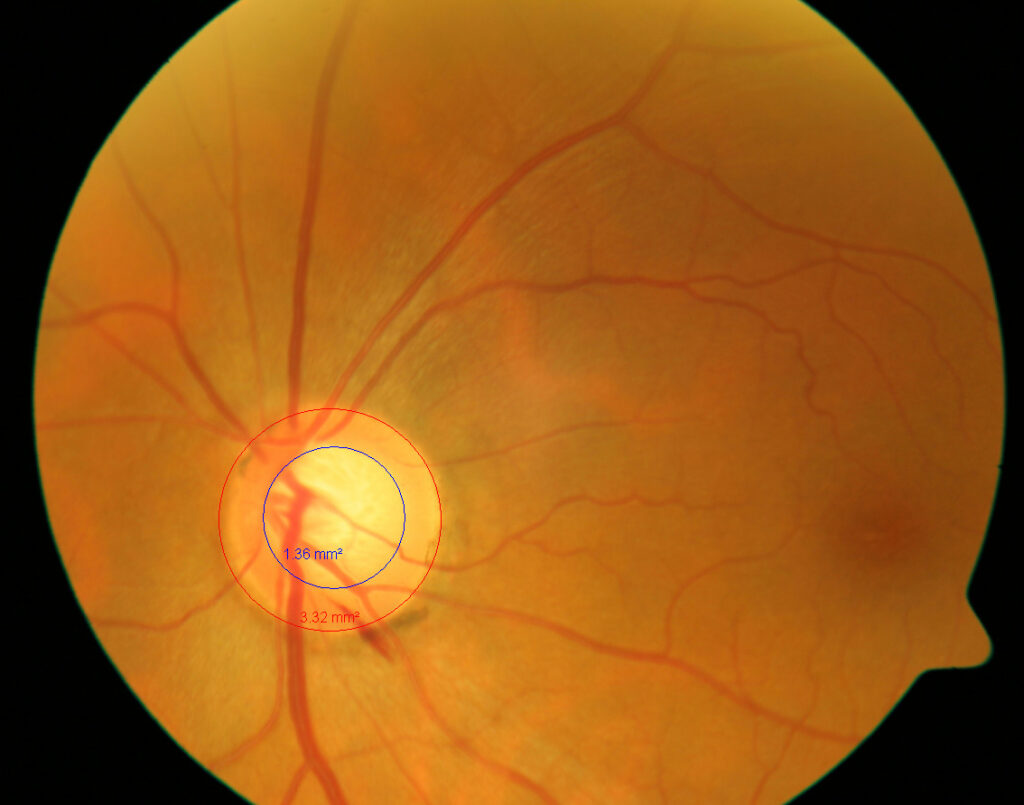
What is Glaucoma?
Glaucoma is a generic term used to describe a group of conditions causing permanent damage to the optic nerve. The optic nerve conveys visual information from the eye to the brain. There are many different types of glaucoma.
Visual impairment caused by glaucoma is usually gradual, and a considerable amount of peripheral vision may be lost before the impairment becomes apparent. Consequently, many people with glaucoma are unaware they have the disease until it becomes advanced.
Who is at risk of Glaucoma?
The risk factors for glaucoma include previous eye injuries, inflammatory eye disease, some medications (such as steroids), and some medical conditions (such as diabetes mellitus). The risk of glaucoma increases with age, but can occur at any age. Glaucoma can also occur in families.
How is Glaucoma treated?
Damage to the optic nerve is permanent, so early detection and management of glaucoma is important. Potential glaucoma suspects are examined using advanced methods for assessing sufferers which includes measuring eye pressure, optic nerve analysis, corneal thickness measurement, assessing the drainage angle of the eye, and measuring the peripheral visual field.
With treatment, it is typically possible to arrest the progression of glaucoma. However, glaucoma is a lifelong condition requiring regular monitoring and management. Eye drops are the most common treatment, with some cases requiring laser treatment and surgery.
At Sunshine Eye Clinic we will provides a comprehensive examination for the detection, monitoring, and management of glaucoma. Your Ophthalmologist Dr Daniel Black has extensive expertise in the medical, surgical, and laser treatment of glaucoma.
For more information, visit:

